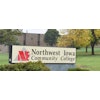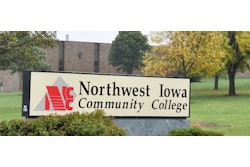
The task force, appointed by a bipartisan group of senators, consists entirely of 16 present and past university and college chancellors and presidents and representatives of university associations, and the report was produced by the universities’ primary lobbying organization, the American Council on Education.
It found that federal regulations on institutions that share $160 billion in federal money for financial aid are “unnecessarily voluminous and too often ambiguous” and that the cost of complying with them is “unreasonable.”
“When conducted the right way, government oversight provides essential protections for students and taxpayers,” the report says. “But there are no benefits to unnecessary and excessively complex regulations.”
This includes some of the information universities are required to disclose to consumers, which the task force said can be “of marginal value or very limited interest” or confusing and unhelpful.
“In addition to sometimes receiving too much information, consumers are also often given information that is not very accurate or meaningful,” the report said.
It cited the federal definition of the graduation rate, which takes into account only full-time freshmen who start and finish at the same institutions, even though increasing numbers of students transfer and finish somewhere else.














